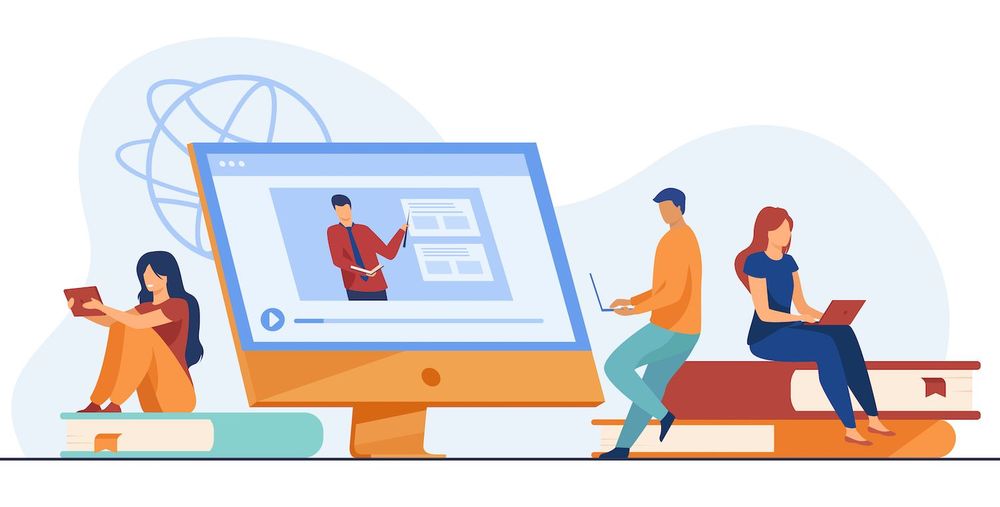New: Settlement Tentative for Google Play Direct-to-Consumer Antitrust Lawsuit announced --
On the evening of sept. 6, a tentative settlement was agreed upon in an action filed by 37 U.S. states against Google's Google.
This is the most important information regarding the case and what this will mean for companies that offer online products via Google's U.S. Play Store.
What is the Google antitrust suit?
In Utah In Utah. Google, 37 attorneys general argue that Google is using anti-competitive, unlawful or unjust methods which hinder competition and drive up prices and restrict the choices available, all of which affect consumers who purchase games or other items on the Google Play store.
The suit was brought by Utah Attorney General Sean D. Reyes, the case is focused on "exclusionary actions relating the Google Play Store for Android," with actions such as shutting out other app distribution channels as well as requiring users to use Google Billing (with up to 30% commissions for Google).
The lawsuit is brought by AGs who are located across New York, North Carolina as well as Tennessee The 37 AGs are comprised of 21 million consumers that are affected by the lawsuit.
What has happened within the Google antitrust suit?
The settlement was disclosed But the details aren't yet public. The court has to approve the settlement. However, people who participated in the settlement (including Utah's AG) want the Nov. 6 trial to be canceled.
Google has claimed that it is not guilty, but has yet to comment about this development.
There's no time frame on what information will be made public, however since it is a class action lawsuit The details will be revealed once the case is fully concluded.
What does it mean for game developers and app developers within the US and in other nations?
If the conditions of the settlement allow for a relaxation the existing Google Play Store restrictions and the requirement to use Google Billing This might prove to be an important benefit to game developers as well as apps that want to broaden the way they market their app by making use of cheaper direct-to-consumer options comparable to .
In a statement published via Utah Attorney General Sean D. Reyes' website, According to a statement on the website of Utah Attorney General Sean D. Reyes, 30% commission "is significantly higher than the amount that consumers could pay if they could choose the rival to Google instead." The suit claims Google did not keep the pledge it made to keep Android "open free source" in order to guarantee that both device makers as as app developers could make applications in a way that is free of any restrictions.
The full implications until the specifics of the settlement are made public.
What about Apple?
Perhaps you are aware about Epic Games' case against Apple in relation to similar concerns. Following the time that Epic launched its Fortnite players to make use of its own payment system, offering discounts to them, both Apple along with Google took down Fortnite from their store for apps. Epic was later sued Apple as well as Google in separate cases.
In April of this year, the 9th Circuit U.S. Court of Appeals decided in the Apple appeal, with a mixed outcome. They agreed with Apple and concluded they believe that Apple's App Store does not violate Federal antitrust laws. However they also supported a lower court's ruling in favor of Epic and argued the Apple's restriction against permitting app developers to send customers to non-App Store payment options violated California's Unfair Competition Law.
Epic asked to the U.S. Supreme court to allow the injunction to become effective and to oblige Apple to alter the App Store practices even when Apple is yet to challenge the ruling. However, in August the SCOTUS rejected Epic's petition, suggesting that adjustments may not be implemented until appeals are resolved.
Epic isn't part in the Utah case v. Google case, since they're on their own legal case (with Match Group) against Google. But Epic's chief executive Tim Sweeney posted on social media that "If Google is ending its payments monopoly and isn't inflicting the Google Tax on third-party transactions then we'll agree to settle and become Google's friend in their new world."
Can it benefit game designers by making direct-to-consumer purchases and subscriptions?
In addition, we offer a platform that offers the JavaScript Store Builder Library for you to create a rapid integration into your application or game.
More Info
The Utah Attorney General's website hosts additional resources related to this issue.
- Check out a resized PDF of the 144-page case Utah in v. Google here.
- Download PDFs of FAQs with more detail here.
This post was first seen on here
